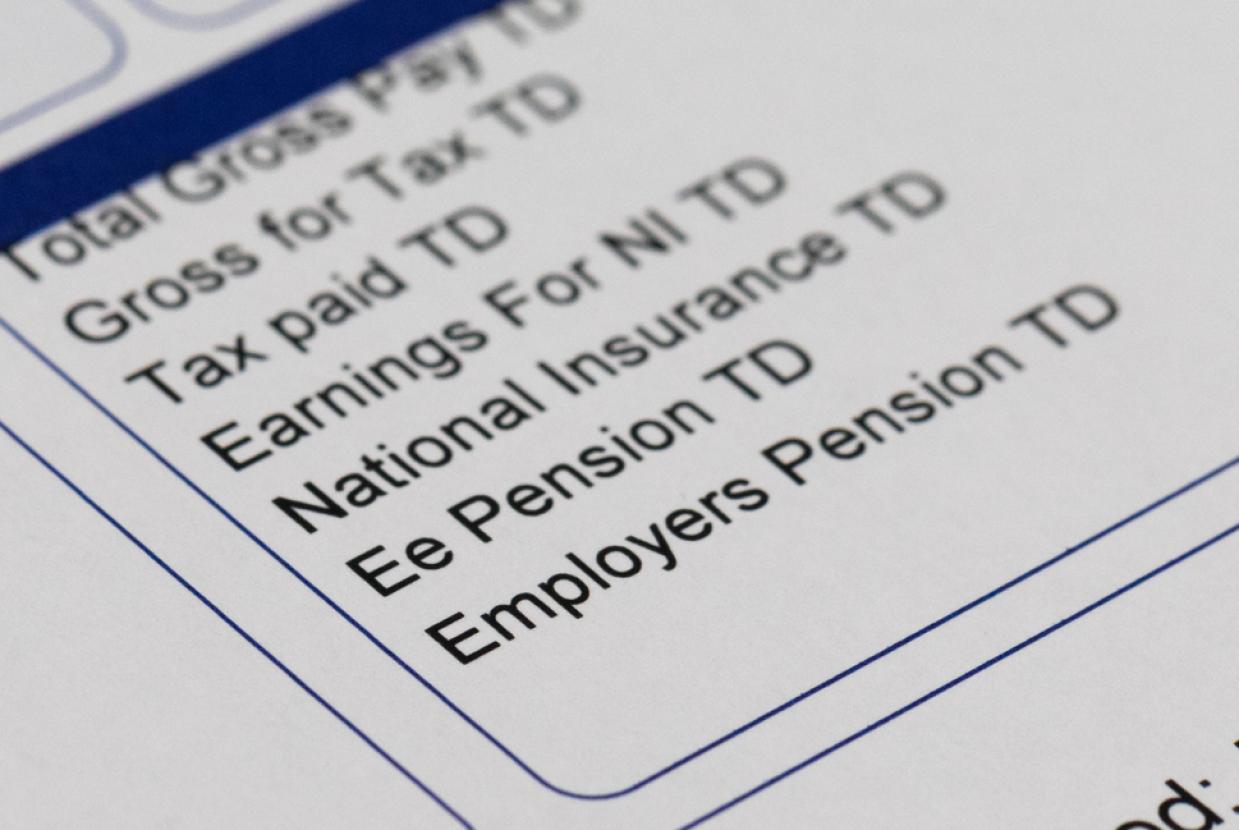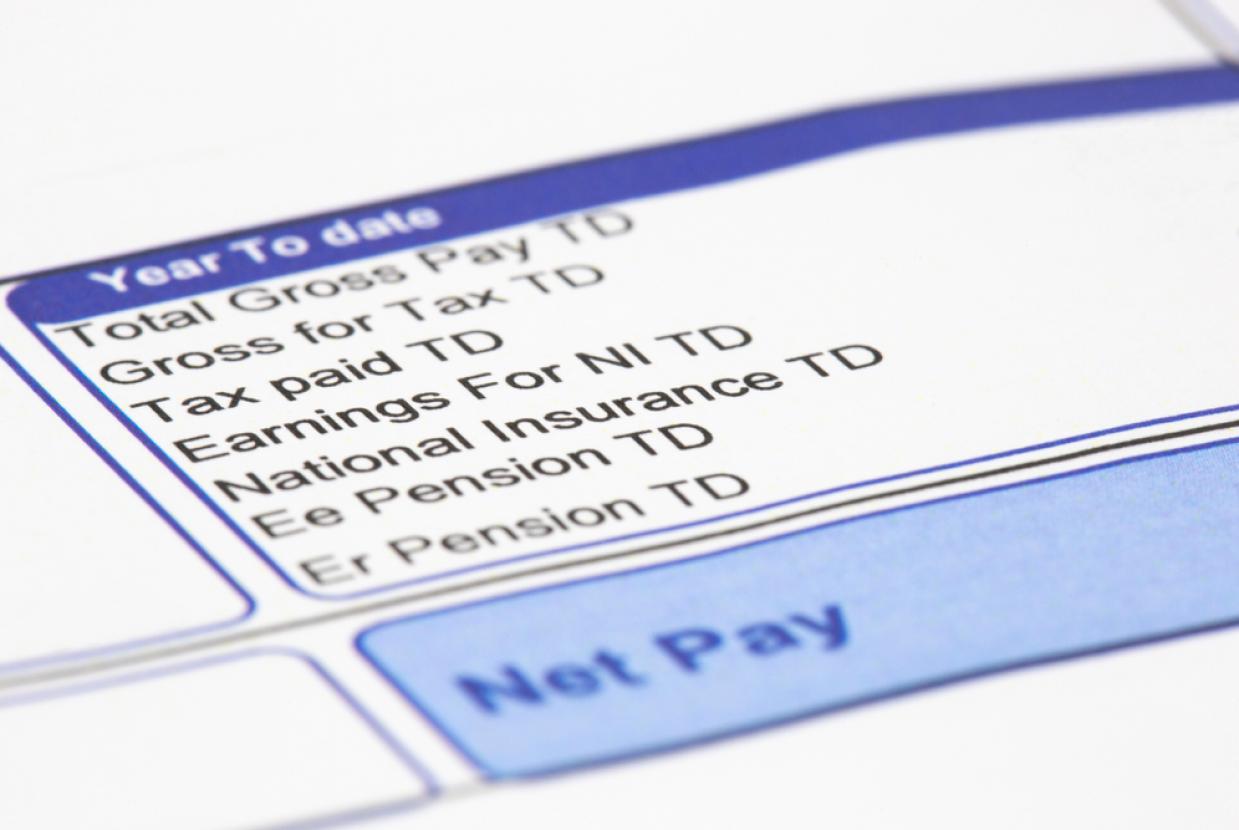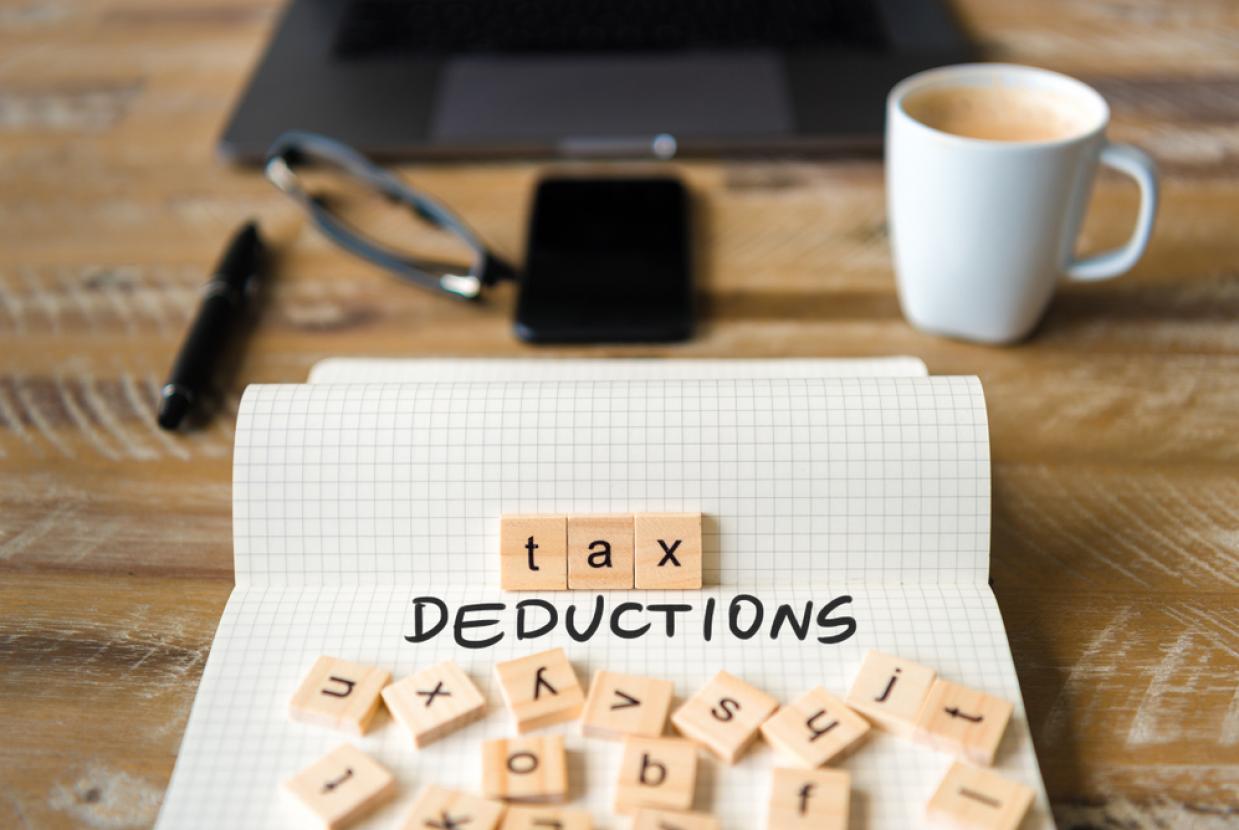Pension Types in The UK
If you live and work in the UK, there are three main ways you might build up a pension that can help give you an income when you retire. These are the State Pension, workplace pensions and ones you set up yourself.
State Pension
This is a regular payment from the government. You can take it when you reach State Pension age. The amount you get depends on your National Insurance record.
For more information on how the State Pension works, and when you might be able to get it, see our page State Pension.
Workplace pensions
A workplace pension is a way of saving for your retirement that’s arranged by your employer. There are different types of workplace pensions that employers use.
Most employers now have to offer their workers a pension under their automatic enrolment duties.
Pensions you set up for yourself
If you’re not employed – and so don’t have access to a workplace pension – you can set up your own pension. You can also do this if you want to save for your retirement and already have a workplace pension(s).
Types of pension schemes
Generally, there are two different types of pensions that can be set up in the UK – defined benefit and defined contribution pensions.
Defined benefit pension
This pays you a retirement income based on your salary and how long you’ve worked for your employer.
These include ‘final salary’ and ‘career average’ pension schemes. These are generally now only available from public sector or older workplace pension schemes.
Defined contribution pension
With this type of pension scheme, it builds up a pension pot to pay you a retirement income based on how much you and/or your employer contribute and how much this grows. These are also known as ‘money purchase’ schemes. They can be workplace and personal pensions.
































